Oct. 5, 2016:
The first-ever Big Ten Cancer Research Consortium Summit drew an energetic group of academic investigators and pharmaceutical industry leaders to Indianapolis Sept. 9-10, for a series of meetings that strengthened academic and pharmaceutical industry collaboration within the consortium.
More than 100 attendees, representing all Big Ten CRC member institutions and 16 pharmaceutical and biotech companies, attended the event, hosted by the Indiana University Melvin and Bren Simon Cancer Center.
Researchers from the IU Simon Cancer Center and the Purdue University Center for Cancer Research led presentations on drug development and cell metabolism, while pharmaceutical and biotech representatives discussed how industry and academia can work together in the genomic era and what the future may hold for targeted drug combinations involving multiple companies.
Cancer center directors and other institutional leaders presented overviews and accomplishments from member institutions, followed by an open Q&A led by the cancer center directors. The summit also included disease-specific roundtable discussions that allowed members of Big Ten CRC working groups to meet directly with industry leaders to discuss novel clinical trial concepts.
“The meeting was a fantastic opportunity to connect, network, and have scientific exchange of ideas,” said Lincoln Rogers, oncology medical science liaison with AbbVie. “The engagement and participation from both partners in research — industry and academic — was unique and very welcomed.”
Monika Joshi, MD, of the Penn State Cancer Institute, is an active member of the Big Ten CRC’s Genitourinary Clinical Trial Working and the sponsor-investigator of a Big Ten CRC bladder cancer study that will open soon. “As a junior researcher, I was encouraged by the immense potential for collaboration with like-minded peers from other institutions,” she said, “as well as the possibility of working together with colleagues from the pharmaceutical industry to explore new treatment modalities for patients suffering with cancer.”
A member of the Big Ten CRC’s Breast Clinical Trial Working Group, Pavan Kumar Tandra, MBBS, of the Fred & Pamela Buffett Cancer Center (University of Nebraska), found the meeting beneficial to further the working group’s goals. “The inaugural Big Ten Cancer Research Consortium summit created a synergy among our breast cancer working group,” he said. “We discussed the varying challenges of obtaining drugs from different pharma companies and the methods of performing clinical trials using novel drug combinations. With our first breast clinical trial open for accrual, the power of the Big Ten CRC is beginning to shine.”
Big Ten CRC Executive Officer Susan Goodin, PharmD, said the summit was a positive beginning to what could become a tradition. “The level of engagement and energy throughout the summit was remarkable,” she said. “We look forward to continuing the dialogue that began in Indianapolis.”
Goodin said the Big Ten CRC is planning for its next summit to be held in September 2017. Details will be announced on the Big Ten CRC website and in the newsletter in the near future.
Summit 2016 Photo Gallery
About the Big Ten Cancer Research Consortium: The Big Ten Cancer Research Consortium was created in 2013 to transform the conduct of cancer research through collaborative, hypothesis-driven, highly translational oncology trials that leverage the scientific and clinical expertise of Big Ten universities. The goal of the Big Ten Cancer Research Consortium is to create a unique team-research culture to drive science rapidly from ideas to new approaches to cancer treatment. Within this innovative environment, today’s research leaders collaborate with and mentor the research leaders of tomorrow with the unified goal of improving the lives of all patients with cancer.
About the Big Ten Conference: The Big Ten Conference is an association of world-class universities whose member institutions share a common mission of research, graduate, professional and undergraduate teaching and public service. Founded in 1896, the Big Ten has sustained a comprehensive set of shared practices and policies that enforce the priority of academics in the lives of students competing in intercollegiate athletics and emphasize the values of integrity, fairness and competitiveness. The broad-based programs of the 14 Big Ten institutions will provide over $200 million in direct financial support to almost 9,500 students for more than 11,000 participation opportunities on 350 teams in 42 different sports. The Big Ten sponsors 28 official conference sports, 14 for men and 14 for women, including the addition of men’s ice hockey and men’s and women’s lacrosse since 2013. For more information, visit www.bigten.org.
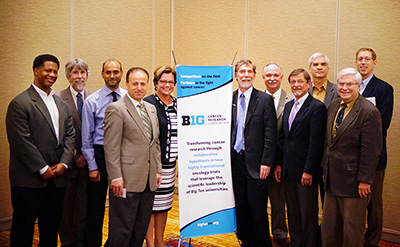
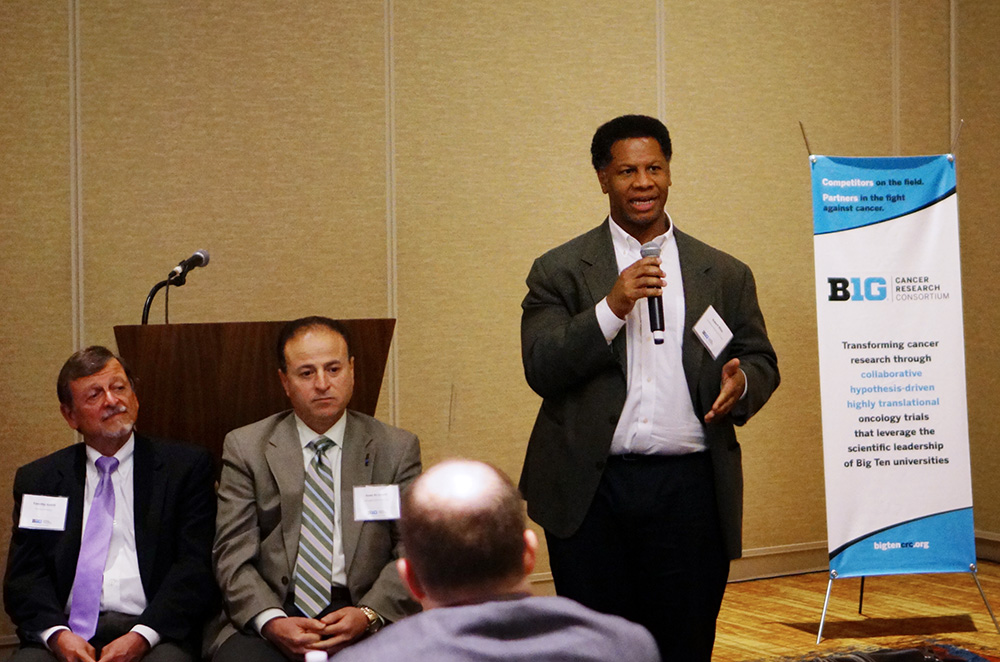


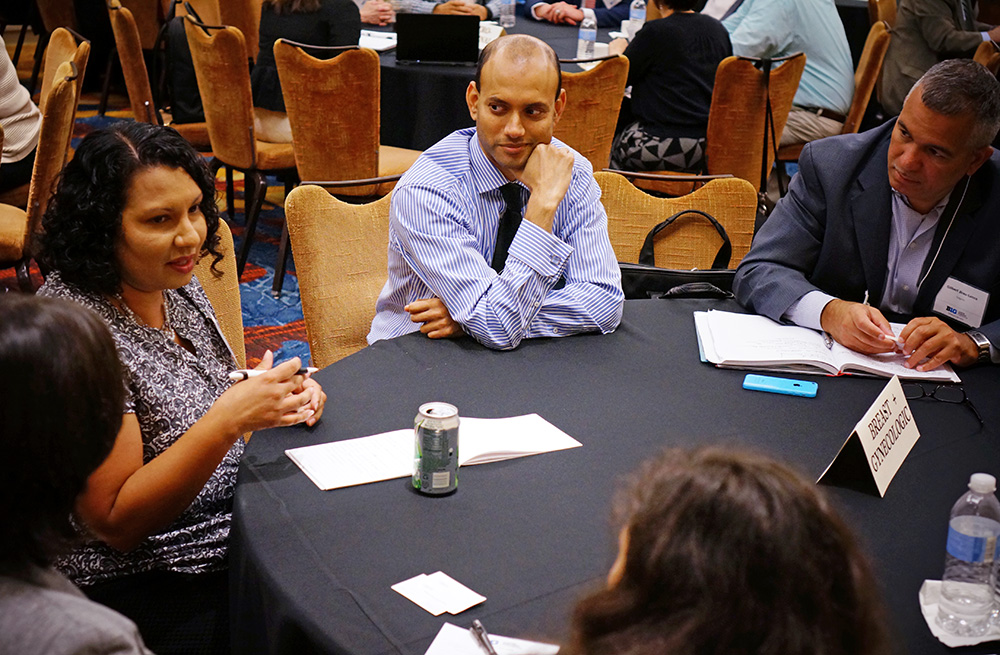
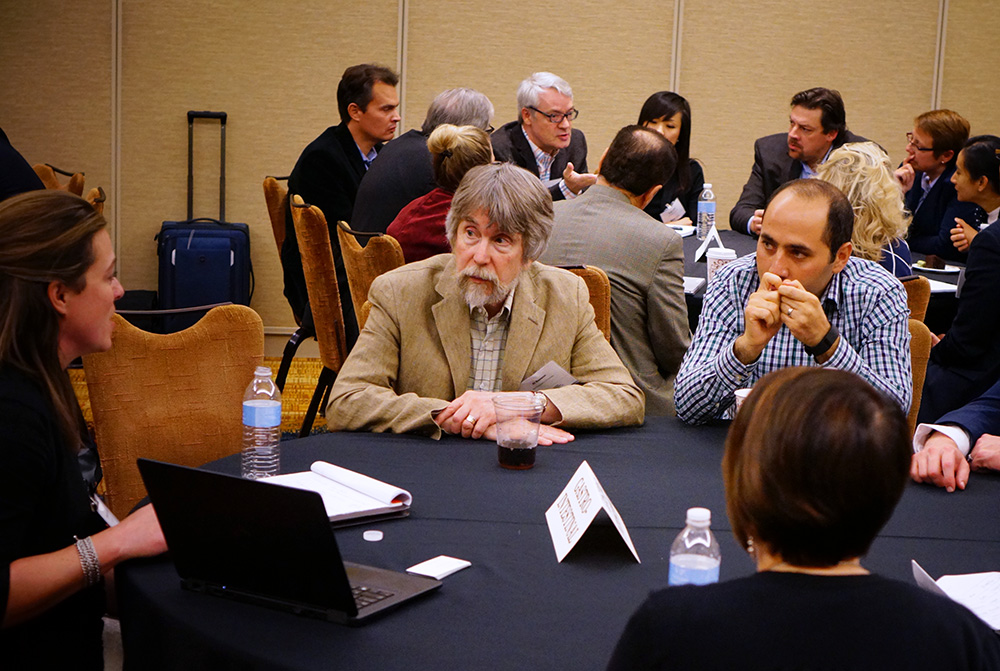
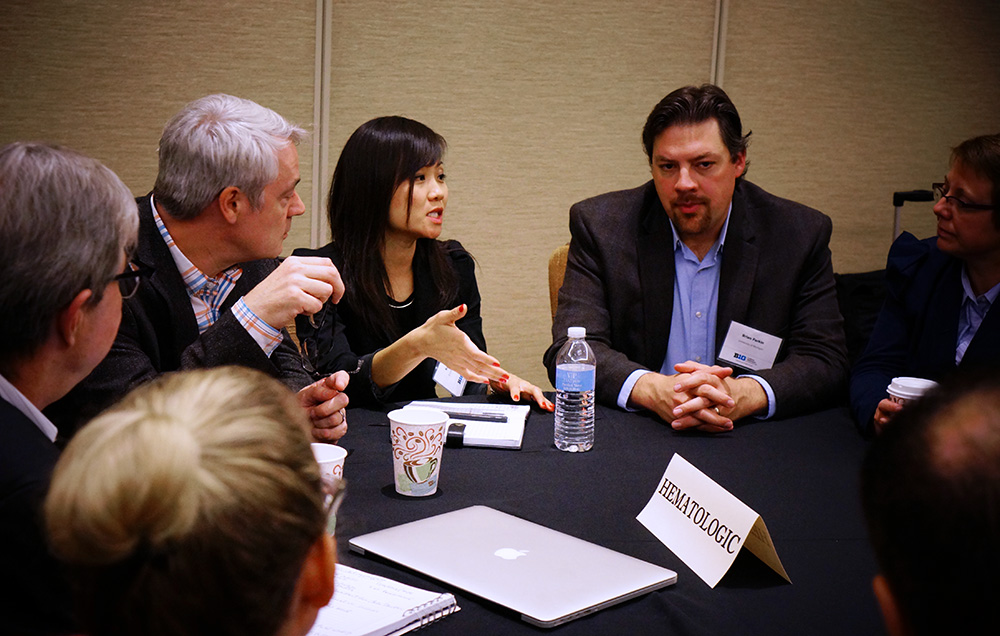
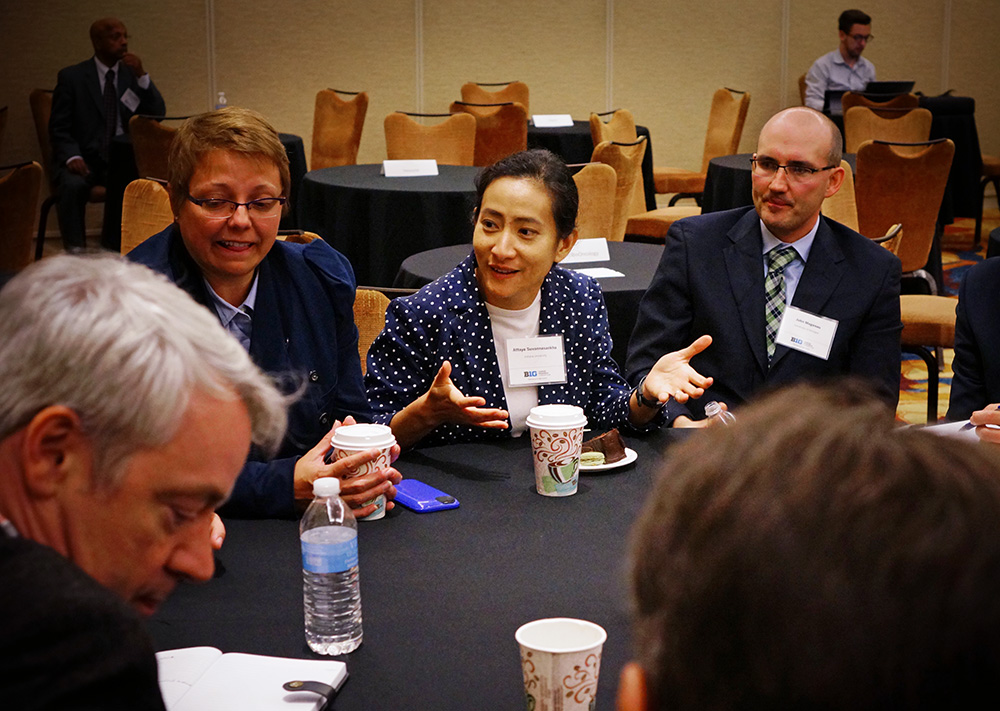


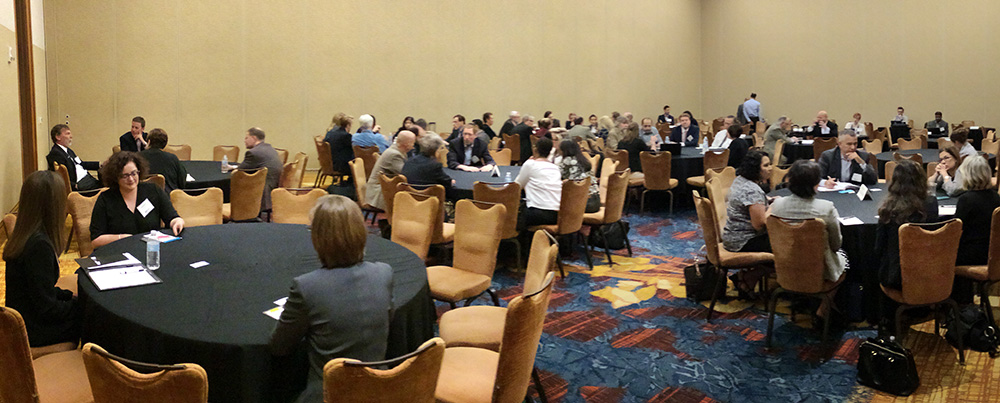


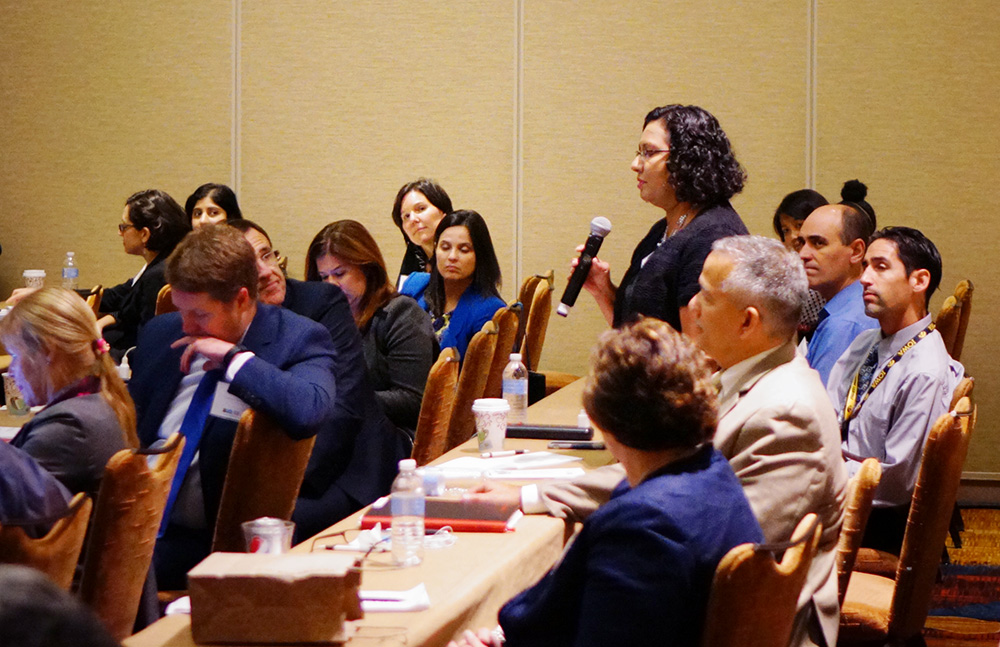

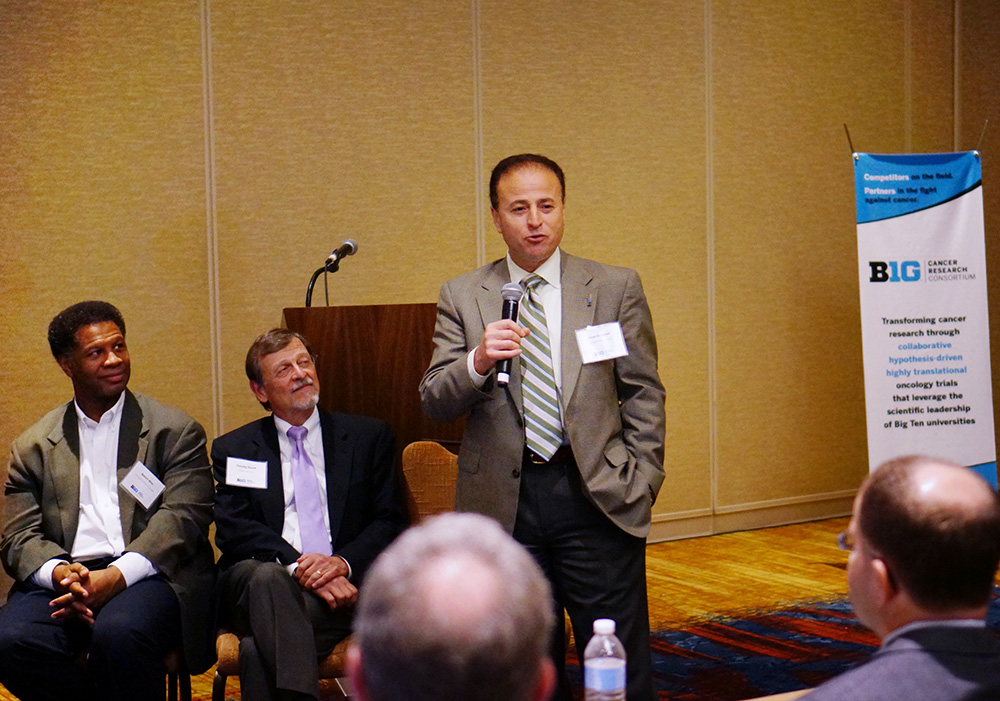

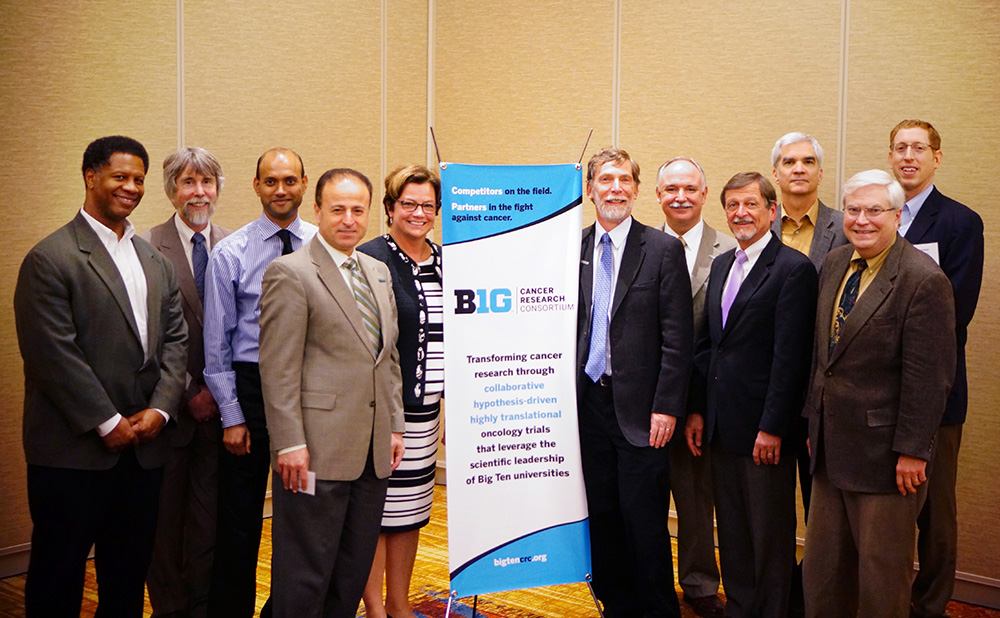



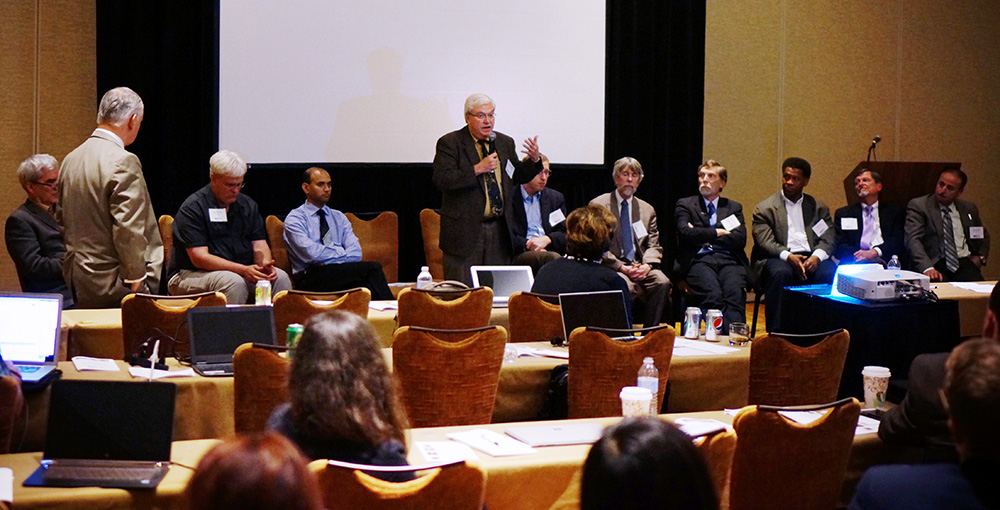
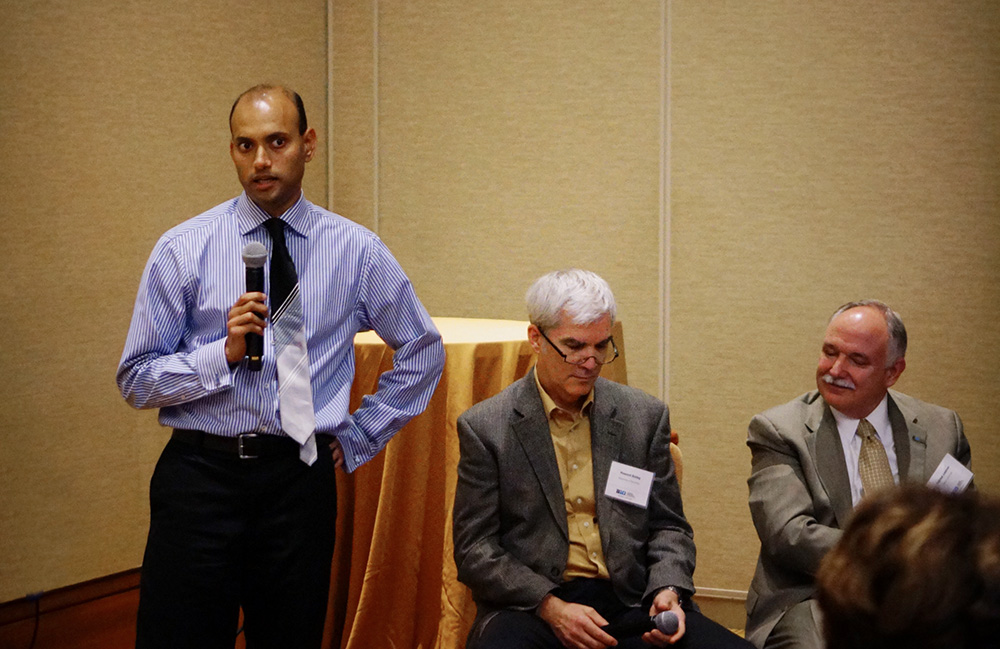
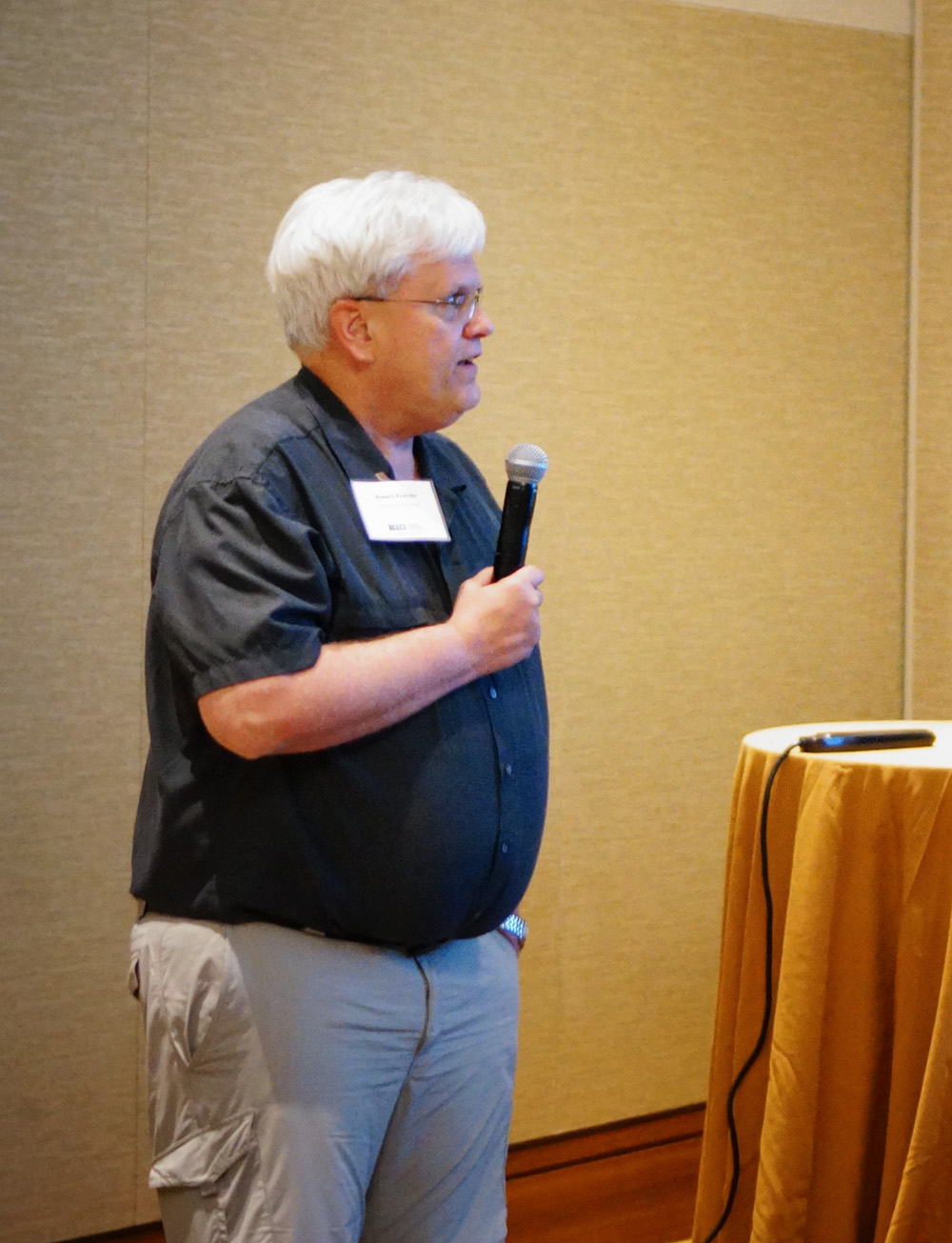
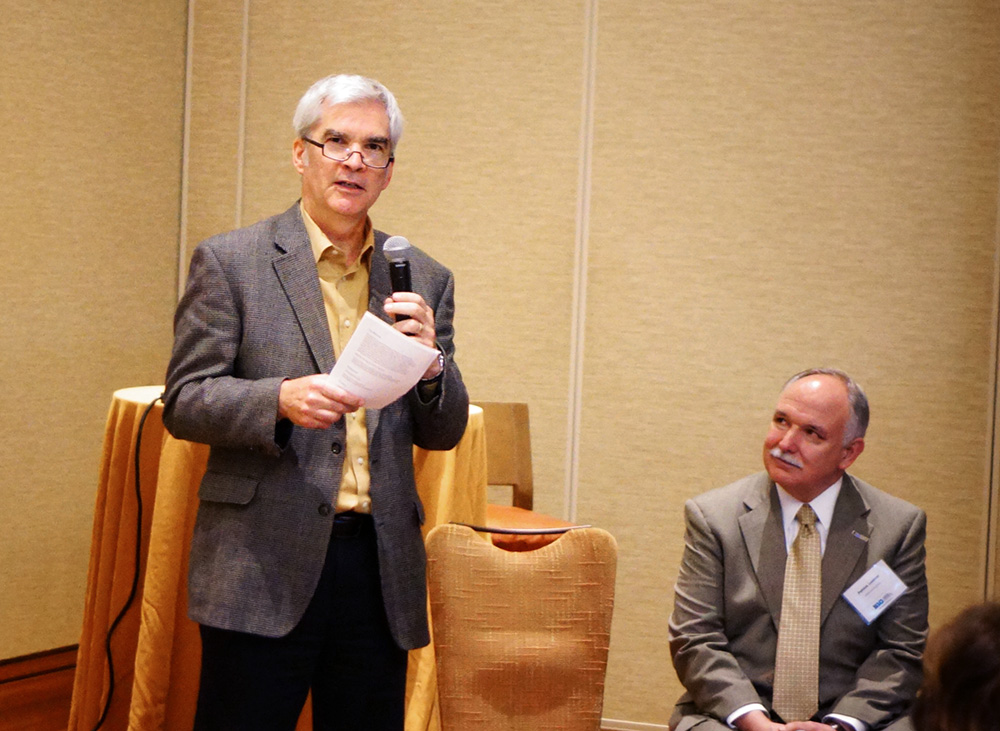


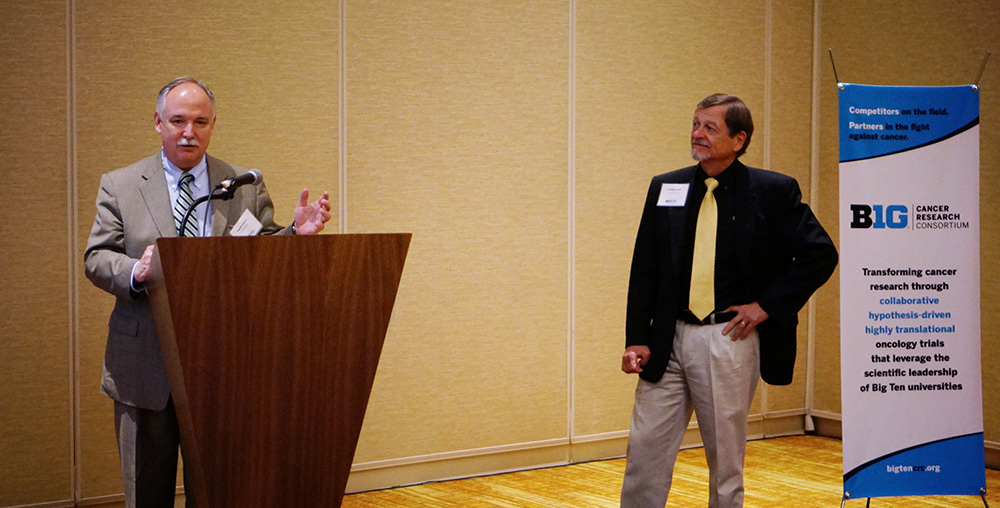
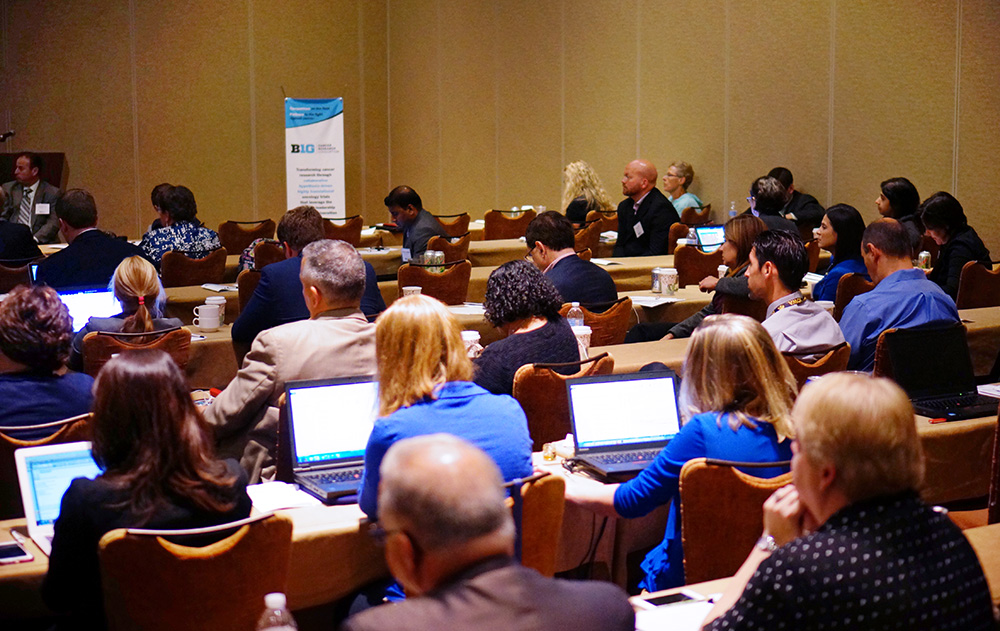
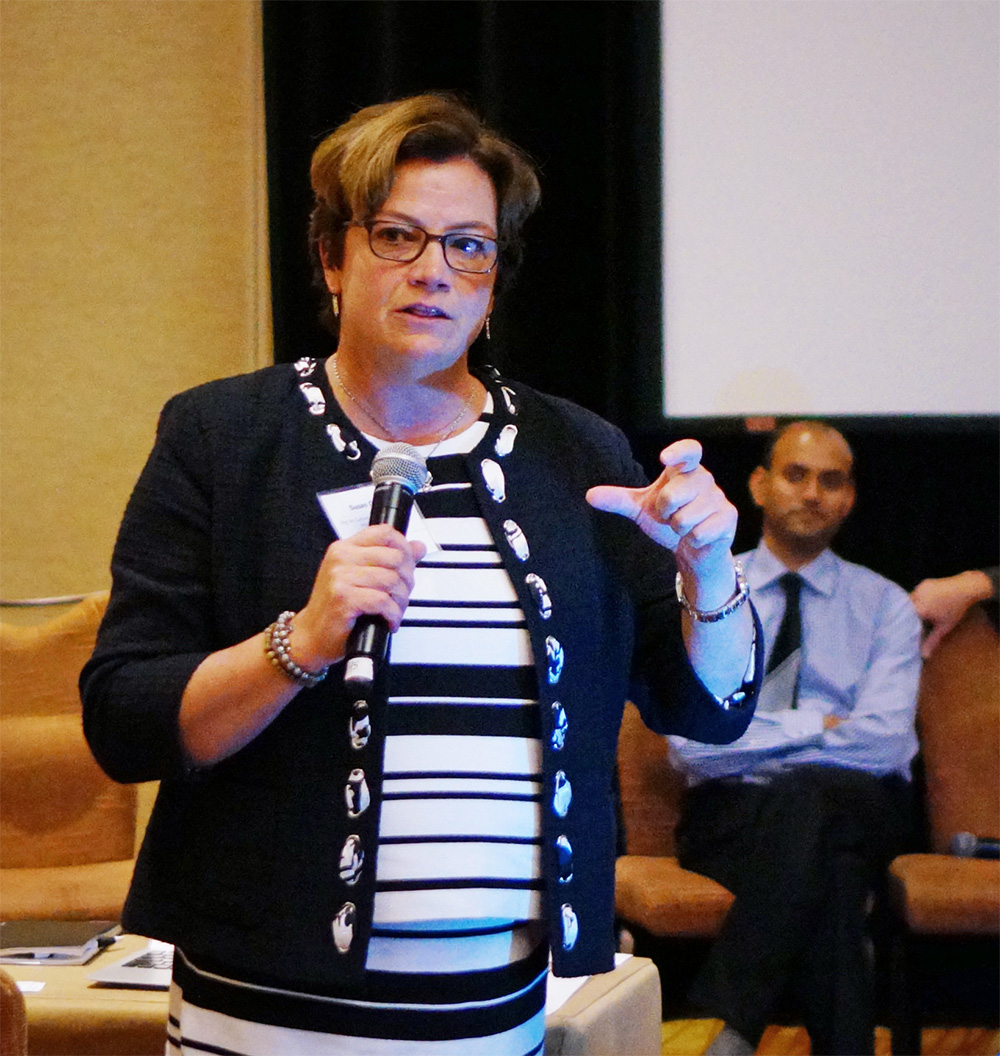

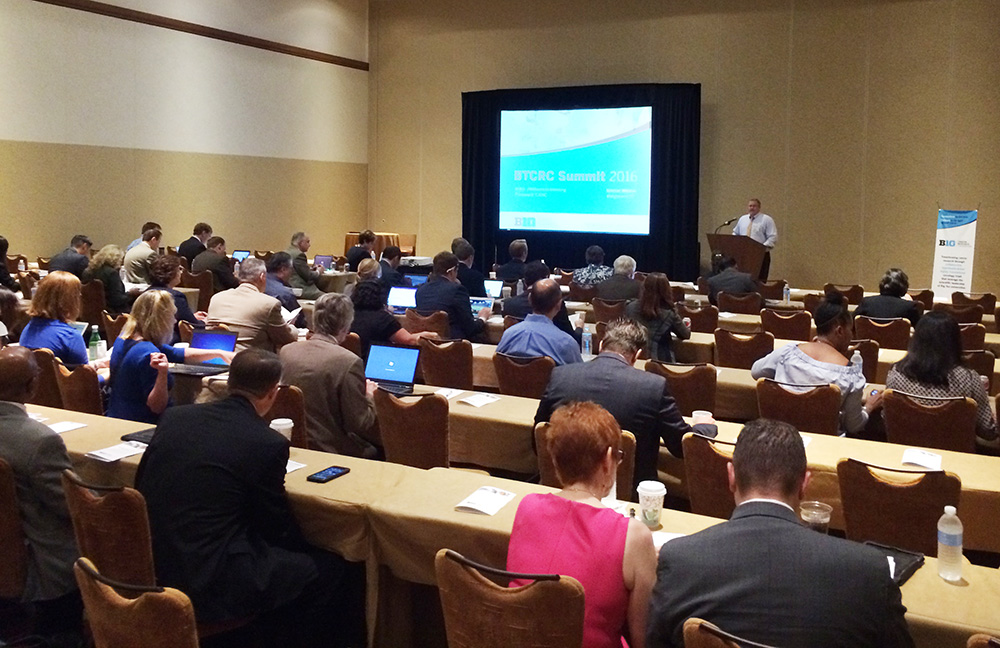














Subscribe to the Big Ten CRC Newsletter X
X Facebook
Facebook YouTube
YouTube